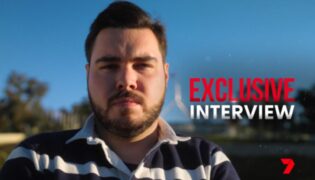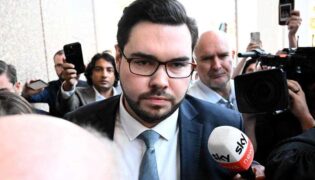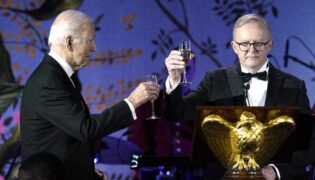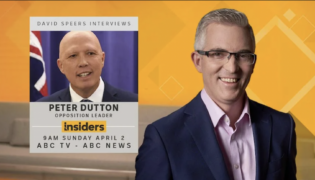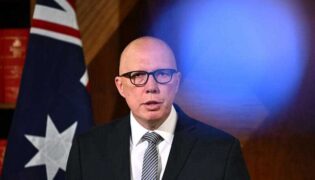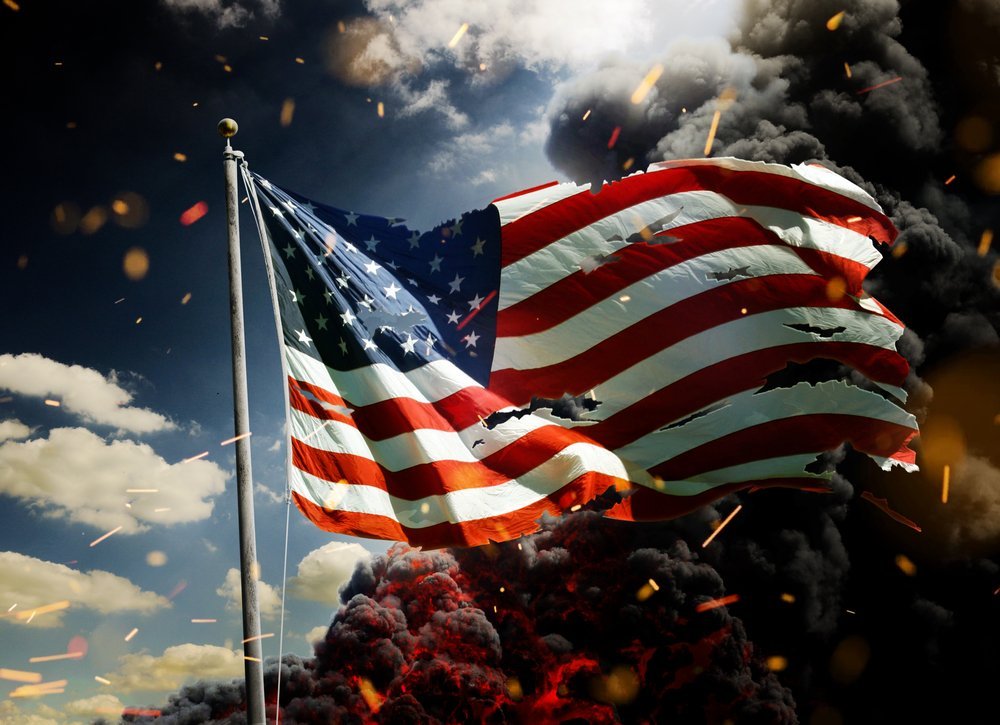
By now most of you will probably have seen Rolling Stone’s ‘Unraveling of America‘ appear at least once in your news feeds. If you haven’t read it, I’d strongly recommend you do so now, as it puts in much starker terms the problems at home that America faces than I ever could.
However, as the American empire crumbles before our eyes, its also time to discuss what this means for Australia and its place in the world. Though we don’t like to admit it, Australia is for most intents and purposes a client state of America. We take our culture and our political cues from this country halfway around the world, and more importantly we are reliant on America for their military might. Nation states are often defined by their ability to shield their borders from outside forces, and the reality is that Australia’s borders are more reliant on the threat of American imperial might for protection than we are protected by our own provincial forces.
It has not always been this way. For the first decades of the 20th century Australia was much more formally dependent on the United Kingdom’s global empire for a sense of protection in our isolated outpost in the pacific. The Queen’s Royal Navy provided our self assurance that our island nation would be safe in times of war, and it was the breaking of this contract by Britain in World War 2 that caused us to turn to the United States in the first place.
Since then, through global trade and cultural exchange, Australia and America have become joined at the hip. Our local businesses have slowly been supplanted by American exports, from McDonalds to Amazon to Google, Facebook and Netflix. Our culture and way of speaking, once strikingly idiomatic, has slowly given way to Americanized spelling, American slang, even American accents among young people who have grown up consuming more and more American ‘content’ on TV and the web. Young people who have spent time online have dedicated a significant portion of their downtime interacting directly with Americans who outnumber us by an order of almost 20 to one. Whether it be through gaming, social media, forums, Discords, or even direct messaging, Americans are no longer a far away people.
Our culture is so shaped by America’s domestic issues now that we have recently seen huge protests hinged on police brutality against African Americans in every capital city. While Australia undeniably has its own issues around policing and racism, the differences between our home police forces and those in America are stark enough that our own protests weren’t so much a targeted and nuanced protest against our own domestic problems than they were simply a reflection of the sentiments in America.
We have also, strangely, adopted the broad American notion that social democracy is a dead end, despite our country having been a world leader in the formation of the Labour movement, and having a notionally worker oriented party as a major parliamentary force. Despite their prominence in Australian politics, the modern Labor party seems more akin to America’s Democrats, serving up a policy platform of “neoliberalism with social characteristics” with social healthcare being the only truly socialist policy that the party hasn’t walked back on in the last 50 years.
We have embraced the cold, hard social contract of market capitalism even while the effects of privatisation are widely disdained, from the targeted destruction of the NBN, the ABS, CSIRO and the ABC, to the lack of nationalised dental care, the tax breaks given to the super wealthy, and the selling off of almost every public asset that wasn’t bolted to the ground. Even as we speak, in NSW, our public transport networks are under consideration for privatisation. Without the constant drip feed of American culture most of these attempts to undermine the common wealth would be election winning issues that the Labor party could have fought and won on, but instead today’s Labor leaders declare themselves proud economic conservatives and for the most part roll with the punches.
Instead of Australia walking into the 21st century as wealthy nation where a sovereign wealth fund from mining taxes made the majority better off, Australia has increasingly eschewed taxing the super wealthy and has in fact provided them with an outsized place in our nation’s governance – from the Mining Tax written by miners, to the rise of Clive Palmer as a political force, to the friendship of Gina Rineheart and former Deputy Prime Minister Barnaby Joyce, to the tax breaks and millions of dollars in grants handed out to Rupert Murdoch’s businesses every year, to Twiggy Forrest being free to take over a government conference in an attempt to secure his personal business interests with China.
Gone are the days of wealthy Australian businessmen like Dick Smith, who saw his personal fortune as going hand in hand with a responsibility to giving back to the Australian public. Australia’s new breed of wealthy have embraced the American ethos of individuality – where tax is a bad word, society doesn’t exist, and those who lack fortune are guilty of the sin of laziness. In the case of Gina Rineheart, these cold-hearted rationalisations have even resulted in lawsuits with her children.
And it is not just the Labor side of politics that has looked to The States for direction. Modern conservatism in Australia has more akin to Republican politics too, as highlighted by Malcom Fraser who in his final years spoke out strongly against the direction of the party he once led. Where once American Tea Party politics were observed with some distant confused fascination in Australia, now Australia’s right-wing figures have embraced and joined many of America’s most radical right wing circles. CPAC, a gathering of America’s most die hard market loving conservatives, held its first Australian conference in 2018, where figures such as Jeanine Pirro, a gun loving pro-Trump Fox News anchor, whose views would traditionally have no place in Australia outside a breakfast TV segment, was embraced by the likes of Tony Abbott and Sky News host Peta Credlin. The appearance of Janet Albrechtsen, chair of the IPA, was also not unexpected with the conservative think-tank having played a crucial role in steering the country into a carcrash of freemarketeering policies during the tenure of Tony Abbott.
The IPA, founded by Rupert Murdoch’s father to push the idea of liberal economics and low taxes, has long been a voice for the free market in Australia’s political landscape, but it has taken a markedly different shape in recent years. Once willing to begrudgingly accept high marginal tax rates, state control of industries, and various other ideas that would now be dismissed as Marxism, the IPA took a sharp turn towards promoting the unfettered free market at a time when perhaps the very idea was most under threat. As the global finance system melted down worldwide in 2008 after years of deregulated investment imploded all at once, Australia’s richest woman Gina Rineheart and a small group of other super wealthy were pouring millions of dollars into the IPA to lobby for their interests, namely to see the mining tax repealed for fear they might have to share some of the billions of dollars they were making with the country from which they were plundering their mineral wealth. Ultimately the miners won, unseating a Prime Minister in the process, but the high levels of donation to the IPA have remained, and former members like Tim Wilson now sit in the parliament as members of the Liberal Party.
In a time when the facade of American exceptionalism seemed unshakeable, even as cracks began to appear, few could argue against the idea that emulating the world’s largest economy was a good idea. Even during the Great Recession, following a war that will no doubt go down as having the least public support in modern history, Australia’s fascination and emulation of the American way of life held strong. Even as Trump ascended, and one time Liberal Party leader Alexander Downer became enemy number one of the American right, and the relationship between our leaders became terse, with Trump reportedly yelling down the phone at Turnbull, and Turnbull in exchange privately mocking Trump at Parliament’s Winter Ball – through all this the relationship remained ‘essential’, and neoliberal economics retained its grip on the national psyche.
Now, the curtain has finally fallen. The virus has finally called time on the mirage of America’s greatness, and the emperor is left standing without clothes. As America’s political, scientific, and economic dominance crumbles before our eyes, Australia has perhaps for the first time since the gun debate, stepped away from America, looking more akin to those European nations that are so often derided as ‘Greeny fantasies’ rather than comparable countries from which to draw ideas.
As those who had so strongly benefited from the subtle influx of Koch and Murdoch money now stand on the sidelines and shriek that we must kill the elderly for the all mighty dollar, Australians are waking up to the reality that they have been grifted, and that these people do not have our national interest at heart. That this happened only months after devastating bushfires first ripped a hole in their climate denying rhetoric has only further reduced their standing in the eyes of the public.
What these lobbyists had not accounted for is that Australia is not yet America. Despite the best efforts of sections of our press, culturally we are still a united nation in times when it matters. We are not the rugged individualists that corporate leaders thought we were, and we’re more likely to side with the staff at Bunnings, providers of our sacred BBQ snags, than we are with the lone individual who chooses not to wear a mask. For all the hollow talk of mateship and the fair-go that permeates Australian discourse, in times of trouble we still look out for our fellow man.
It was a spirit on show during Cyclone Tracy, when the public flocked to help rebuild a ruined Darwin. It was a spirit on show when Queensland flooded in 2010. It was a spirit that went on show in 2018 when the nation cried foul at Alan Jones for his attempt to treat the Opera House as a personal advertising board. It was a spirit that brought us together to sledge Morrison when he took a holiday in the midst of a crisis, and a spirit I saw in queues of people lining up at ATMs to give money to homeless people for hotel rooms when the smoke made staying out at night unbearable. And its a spirit that will no doubt see us through this pandemic.
And so now we find ourselves here, looking to scientists, experts, and leaders for answers. The ABC and Norman Swan have taken the helm of our disaster response. Our national leaders, from Scott Morrison to Dan Andews to Gladys, Annastacia and Mark are all given space in the press to communicate with the public and room to make decisions that might seem uncomfortable. The don’t go unquestioned, but with the exception of the newspapers that take their cues from American billionaires, they are afforded the respect required to get on with their jobs of saving Australian lives.
What’s more, for all the talk of free markets and liberal economics, when push came to shove, the Federal Liberal party, a notionally free market party, conceded to the facts, that the only answer to the pandemic’s economic fallout was government spending. Unlike America, our leaders have shown that in times like these facts matter more than ideology. Lives matter more than dollars. And most importantly, those that have sought to put a price on our grandparents have been afforded exactly the respect their opinions deserve. News Corporation is crumbling, its moral authority wiped out by an endless string of scandals, its advertisers abandoning it in droves, and subscribers increasingly aware that the money they are giving these outlets is doing more harm than good. The IPA has become a laughing stock, its most vocal members and fellow travellers mocked for being unwilling to weather a month of sitting at home and wearing facemasks, after years of calling their opponents weak willed and fanciful. The most vocal champions for the American experiment of the unfettered free market are now looking increasingly isolated.
But this leaves us with the question, where to now? Where does Australia find itself as China rises in the east while America’s sun sets on the west. What’s more, how does Australia move forward knowing that at any time America could elect another Donald Trump who puts isolationism first, and empire last. How does Australia move forward knowing that Facebook, another arm of America’s imperialism, is sick with the same free market ideology that is poisoning America, and is pumping that illness unfettered into our homes? While America refuses to regulate or break up their corporations, Australia will at some point have to have the uncomfortable discussion about what we do domestically about these mega-corporations that won’t silence trolls and Nazis on their platforms, that monopolise competitors, destroy entire industries, and sell our data to the highest bidder, regardless of whether that be other corporations or a Russian disinformation campaign looking to undermine democracy.
Increasingly Australia is becoming isolated from America while growing ever more entangled in their worst and most toxic aspects. This is a problem that is either going to consume us in the way it has America, or it will define us by how we reject it. Either way, ignoring it won’t make it go away.
Australia, we need to talk about America.

